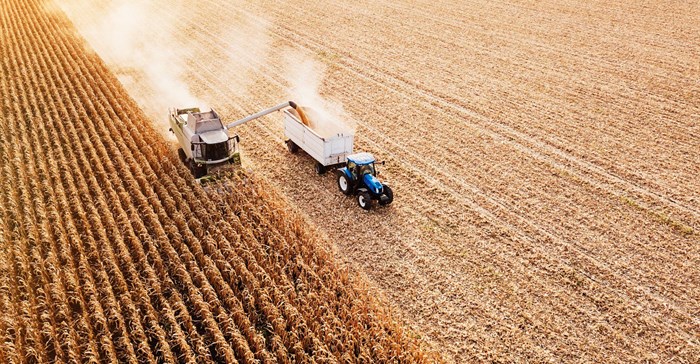The agricultural sector is the backbone of the South African economy and plays a vital role in food security, job creation, and overall economic growth. However, this sector faces a constant challenge – ensuring it has a skilled workforce equipped to handle the complexities of modern agriculture.
The need for skilled labour: A changing landscape
Gone are the days of traditional farming solely relying on inherited knowledge. Modern agriculture is a technologically advanced and data-driven industry. Precision agriculture, utilising tools like sensors and drones, allows for more efficient use of resources and improved crop yields.
Automation and robotics are increasingly playing a role in farm operations, requiring workers with expertise in machinery operation and maintenance. Additionally, concerns around sustainability and environmental impact necessitate a workforce that understands best practices for soil conservation, water management, and responsible use of agrochemicals.
This shift necessitates a skilled workforce capable of adapting to these advancements. Filling this gap requires comprehensive skills development programmes in collaboration with organisations like Sector Education and Training Authorities (SETAs), particularly the AgriSETA. This industry-led organisation acts as a bridge between government, industry stakeholders and educational institutions.
It focuses on ensuring high-quality training by accrediting providers, directly investing in the future workforce through funding learnerships, bursaries and internships, and collaborating with universities, training providers, and government agencies to develop and implement effective training programmes.
Educational institutions, both public and private, play a critical role in equipping future generations with the necessary agricultural skills. Universities could offer degree programmes in agricultural science, agribusiness management, and related fields. Additionally, vocational schools and training centres could provide more targeted training programmes in specific areas like horticulture, precision agriculture, or animal husbandry.
Upskilling the existing workforce is equally important. Adult education and training programmes could provide existing farmers and agricultural workers with the opportunity to learn new skills, stay up to date on technological advancements, and adapt to changing industry demands.
Challenges and opportunities: A look ahead
Despite the growing focus on skills development, the agricultural sector faces hurdles. Limited funding for training programs necessitates creative solutions to secure resources. Additionally, bridging the gap between what's taught in schools and the realities of the industry is crucial to ensure graduates are well-equipped. Finally, attracting and retaining young talent requires making agriculture a more appealing career path, ensuring the sector's long-term sustainability.
However, along with challenges come exciting opportunities. Technological advancements could revolutionise skills development, offering online learning platforms and engaging training simulations. Additionally, increased awareness about the importance of sustainability in agriculture can attract young people with a passion for environmental responsibility.
Building a collaborative future
To build a future-proof agricultural workforce, a collaborative effort is essential. The government could pave the way with policies that encourage skills development, while industry stakeholders could bridge the gap between education and employment by working with universities and training providers to design relevant programmes and offer internship opportunities.
Educational institutions, in turn, need to offer flexible and industry-aligned programmes that cater not only to young people entering the field but also to existing workers seeking to upskill. Finally, farmers themselves play a crucial role by investing in the skills development of their existing workforce and participating in mentorship programmes to cultivate the next generation of agricultural leaders.
By prioritising skills development, the agricultural sector can build a more skilled, innovative, and adaptable workforce. This, in turn, will lead to increased productivity, improved food security, and sustainable growth for the entire industry.
Skills development is the cornerstone of a thriving agricultural sector. By investing in training programmes, fostering collaboration between stakeholders, and embracing innovative learning methodologies, the agricultural sector can cultivate a future filled with growth and prosperity.































